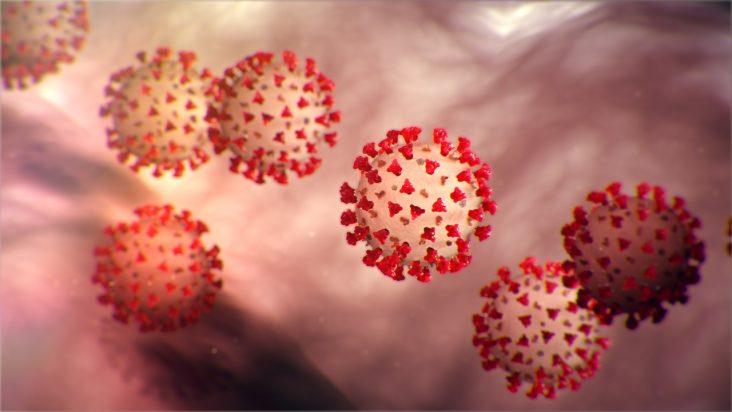UAMS-led researchers say COVID virus slow to mutate
by January 25, 2022 10:47 am 898 views

The SARS-CoV-2 coronavirus that causes COVID-19 has a limited genetic range for new mutations that should make it easier for drug and vaccine makers to fight against it, a UAMS research team has found.
Researchers found the virus’s structure makes it slower to mutate and allows it to have fewer mutation possibilities – unlike, for example, HIV, the virus that causes AIDS, according to a Tuesday (Jan. 25) press release.
The multi-national team was led by David Ussery, Ph.D., professor and director of the Arkansas Center for Genomic Epidemiology & Medicine at UAMS.
“The surprising finding is that the virus is pretty stable, and it is not changing that much,” Ussery said. “It’s somewhat restricted. That’s good news for designing drugs that can fight it effectively.”
The release said the virus produces a more narrow range of epitopes, which are protein segments of varying shapes to which human antibodies bind in their immune defense.
“Instead of the frightening theoretical possibility of this virus producing millions of different epitopes that need to be therapeutically anticipated during vaccine development, we may now be able to predict a very limited subset of probable epitopes,” Ussery said.
The team’s findings were published Jan. 24 in FEMS Microbiology Reviews.
In the abstract that summarizes the findings, the researchers wrote that only about 5% of the genome’s 30,000 nucleotides are variable. They also found in 2020 there was a mostly unnoticed global wave of a variant they called Janus, which was replaced by the Alpha, Delta and then Omicron variants.
This work was funded partly by a National Institutes of Health grant and also received support from the UAMS Translational Research Institute. The latter is supported by a National Center for Advancing Translational Sciences Clinical and Translational Science Award, a National Science Foundation Award, and with funding from the Arkansas Research Alliance.
The team came to its conclusions after analyzing millions of sequenced genomes in GenBank and Global Initiative on Sharing Avian Influenza Data (GISAID) databases. The researchers used UAMS’s high-performance computer, GRACE, to do much of its computations.
The research team also found numerous incomplete or erroneous sequences in the databases.
The co-authors are:
First author Trudy Wassenaar, Ph.D., director of Molecular Microbiology and Genomics Consultants in Zotzenheim, Germany
Visanu Wanchai, Ph.D., a post-doctoral fellow at the UAMS College of Medicine Department of Biomedical Informatics,
Gregory Buzard, Ph.D., a microbiologist who is retired from Centers for Disease Control and Prevention)
